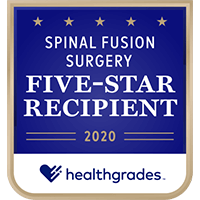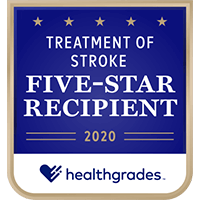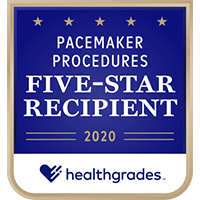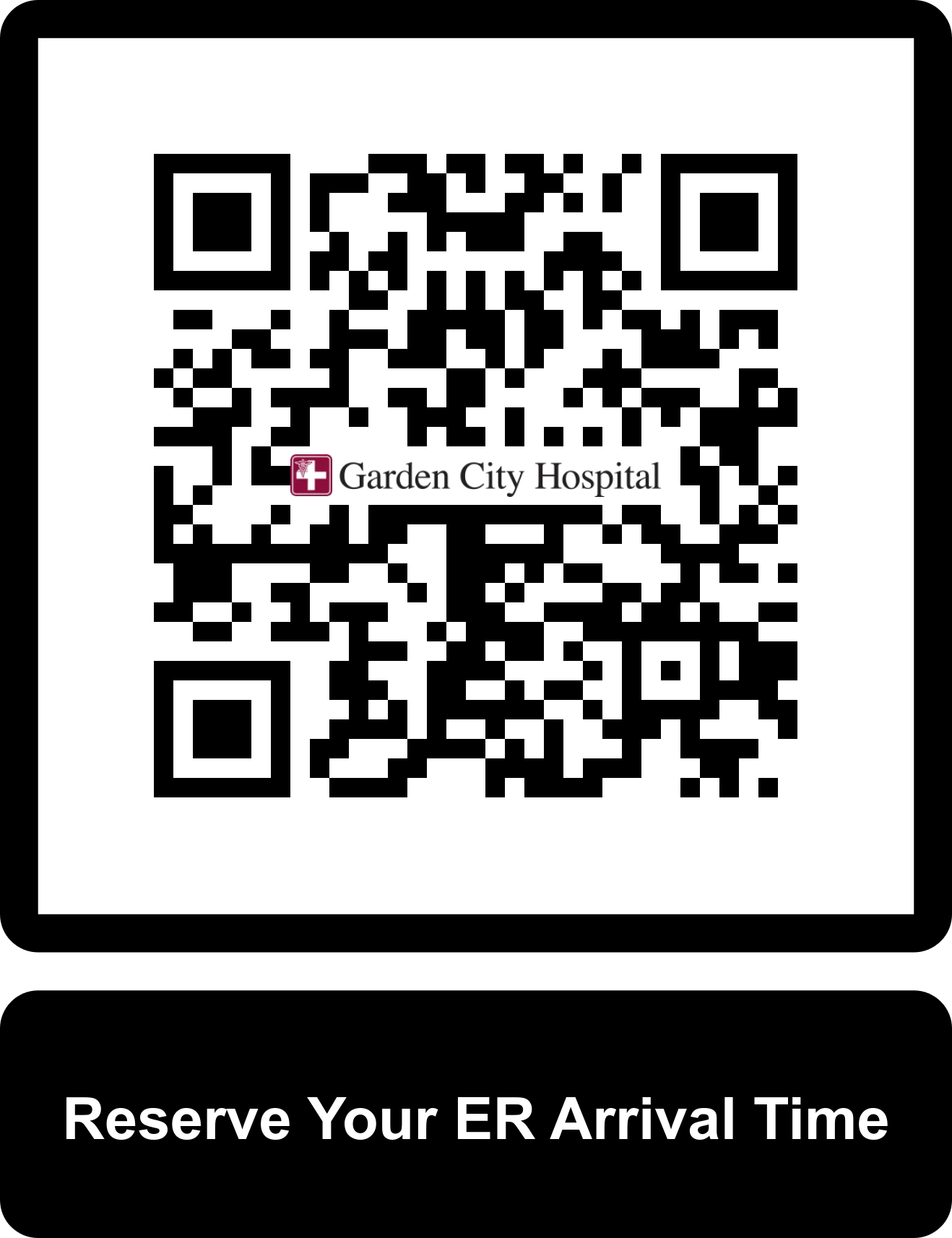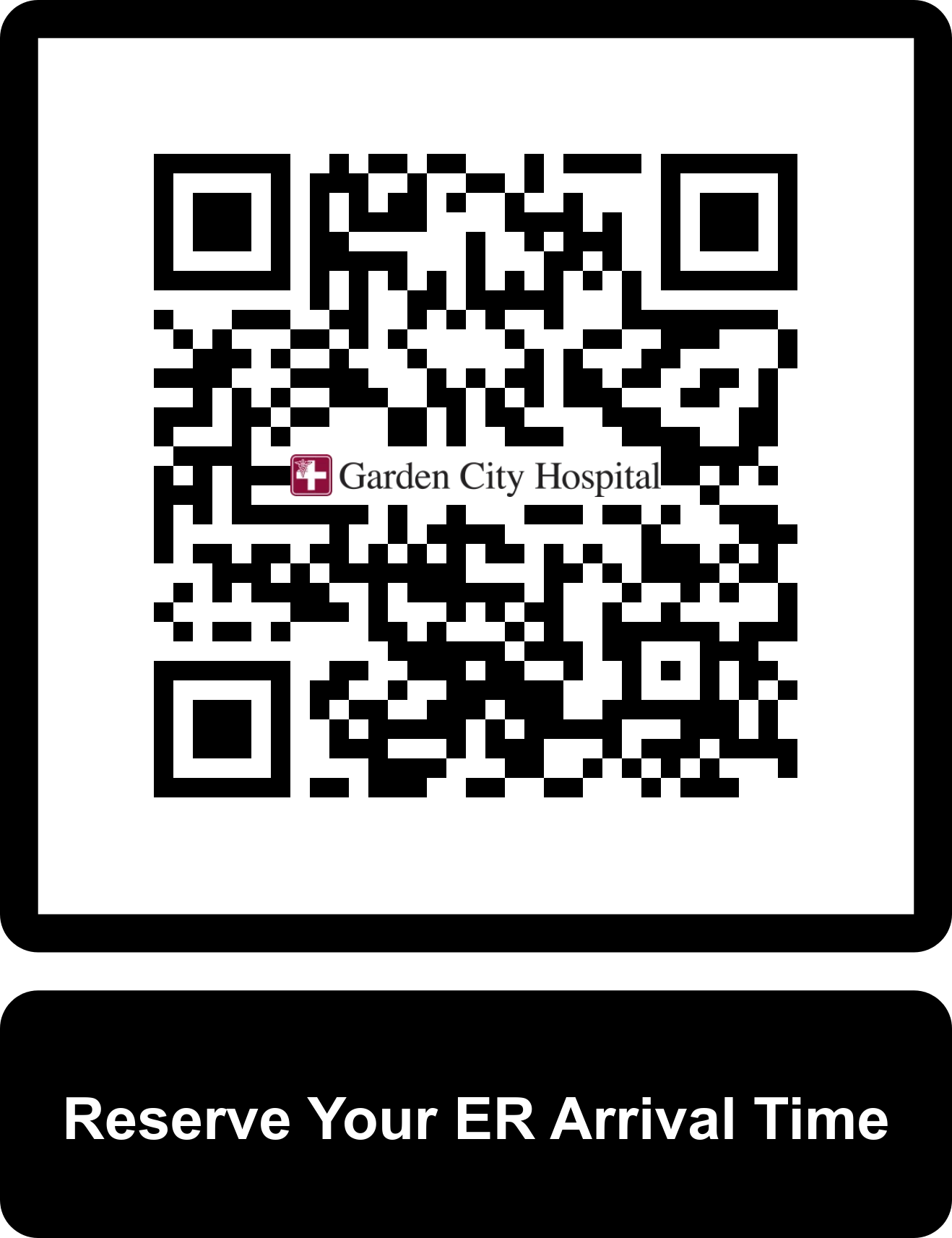About Our ER Wait Time
ER wait time is the average wait time for a patient to see a registered nurse during the triage (evaluation) process in our ER. After patients are triaged (evaluated), they are seen by qualified medical professionals in priority order, according to their medical condition and reason for visit. Times are approximate and provided for information purposes only.
![AN4I0572[2] Emergency Room Westland Community](/wp-content/uploads/2022/08/AN4I05722-1.jpg)
Get treated, not seated.
When it’s an emergency, the last thing you want is to be stuck in a waiting room. With new and improved processes, our priority is on getting you treated as soon as possible while focusing on your specific needs. Your time is valuable, whether it’s a broken bone or a heart attack, we know it’s important to get you back to the things you love. So, no matter how big or small your emergency we’ve got you covered. Choose Garden City Hospital Fast-ER and get treated, not seated.
Why Choose Us?
- Fast Track for minor emergencies
- Heart attack? We’ve got you covered with interventional angioplasty performed by expert cardiologists.
- Fractures? Our orthopedic surgery department is the recipient of multiple quality awards.
- Stroke? We’re certified as a Primary Stroke Center by the Healthcare Facilities Accreditation Program & AHA.
- 24/7 expertise with physicians board certified in emergency services
- Designated care zone for COVID-19 patients.
Award-Winning Care
In an Emergency Who Do I Call?
If you believe your condition is life-threatening, call 9-1-1 or go straight to the nearest Emergency Room. Make sure you know which ER is closest to your home and know how to get there.
If you feel your condition is not life-threatening, call your doctor first, even if it’s after regular office hours. Your doctor can advise you about coming into the office, waiting until the next morning if the office is closed or referring you directly to an emergency room.
What Are Some Good Reasons to Go to the ER?
- Signs of a heart attack that last two minutes or longer. These include pressure, fullness, squeezing or pain in the center of the chest; tightness, burning or aching under the breastbone; chest pain with light headedness.
- Signs of a stroke, including: sudden numbness or weakness in the face, arm or leg, especially on one side of the body; sudden confusion, trouble speaking or understanding; sudden trouble seeing in one or both eyes; sudden trouble walking, dizziness, loss of balance or coordination; and sudden, severe headache with no known cause. Call 9-1-1 immediately.
- Loss of consciousness.
- Severe shortness of breath or loss of a pulse.
- Seizures that last more than 2 minutes, any unexpected seizures or any seizure in a child.
- Convulsions that last more than 15 minutes or any unexpected convulsions.
- Severe cuts where the edges won’t come together or the bleeding does not stop after 10 minutes of direct pressure.
- Sudden, severe pain anywhere in the body.
- Poisoning (Note: If possible, call the poison control center first at 1-800-222-1222 and ask for immediate home treatment advice. Such preliminary home treatment could save your life.)
- Severe burns of all types, including chemical and electrical burns, especially on the face.
- A serious animal bite which has broken the skin.
- A severe or worsening reaction to an insect bite or sting, or to a medication, especially if breathing is difficult.
- A major injury, such as a head trauma or a severe sports injury.
- Unexplained stupor, drowsiness or disorientation.
- Coughing up or vomiting blood.
- Severe or persistent vomiting.
- Signs of shock, including pale, cold clammy skin, and a weak and rapid pulse.
- Suicidal or homicidal feelings.
Should I Drive to the ER or Call 911?
- Is the condition life-threatening?
- Could the condition worsen and become life-threatening on the way to the hospital?
- Could moving require the skills or equipment of paramedics?
- Would distance or traffic conditions cause a delay in getting to the hospital?
How Can I Prepare for an Emergency?
- Know which ER is closest to your home and how to get there.
- Keep a well-stocked first-aid kit at home, work and in your car.
- Learn basic first-aid skills and become certified in CPR through classes at your local Red Cross or American Heart Association.
- If you have a family, plan what you will do if your child needs emergency care.
- Keep emergency numbers by the phone, such as police, fire department, poison control center, hospital, ambulance service, family doctors and emergency contacts. Keep your address and phone number by the phone as well.
- Carry a list of all your medications (with dosages) along with a list of your allergies, particularly any drug allergies.
Orthopedics

Emergency Services
Rehabilitation
Breast Care Center



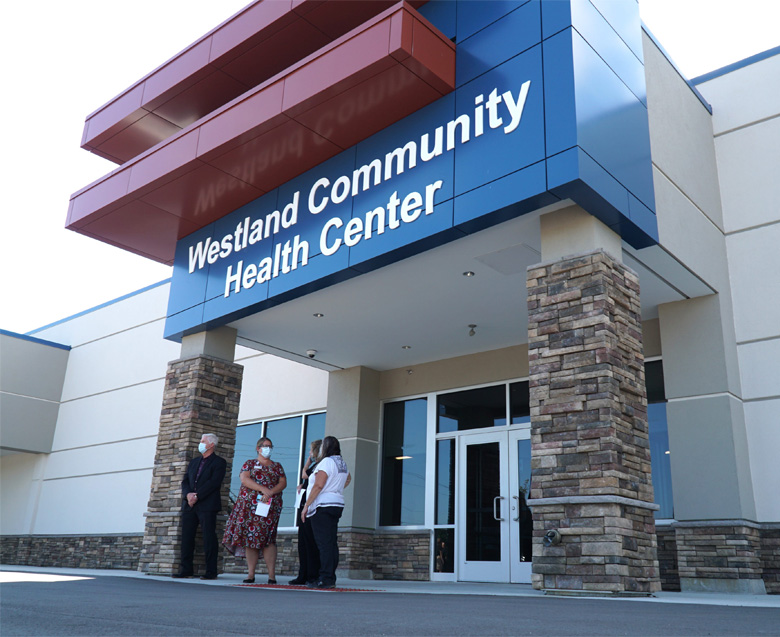
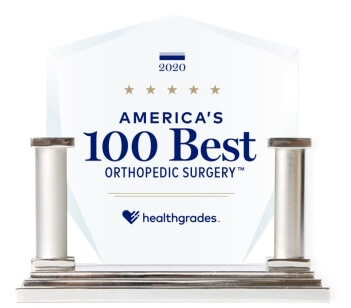
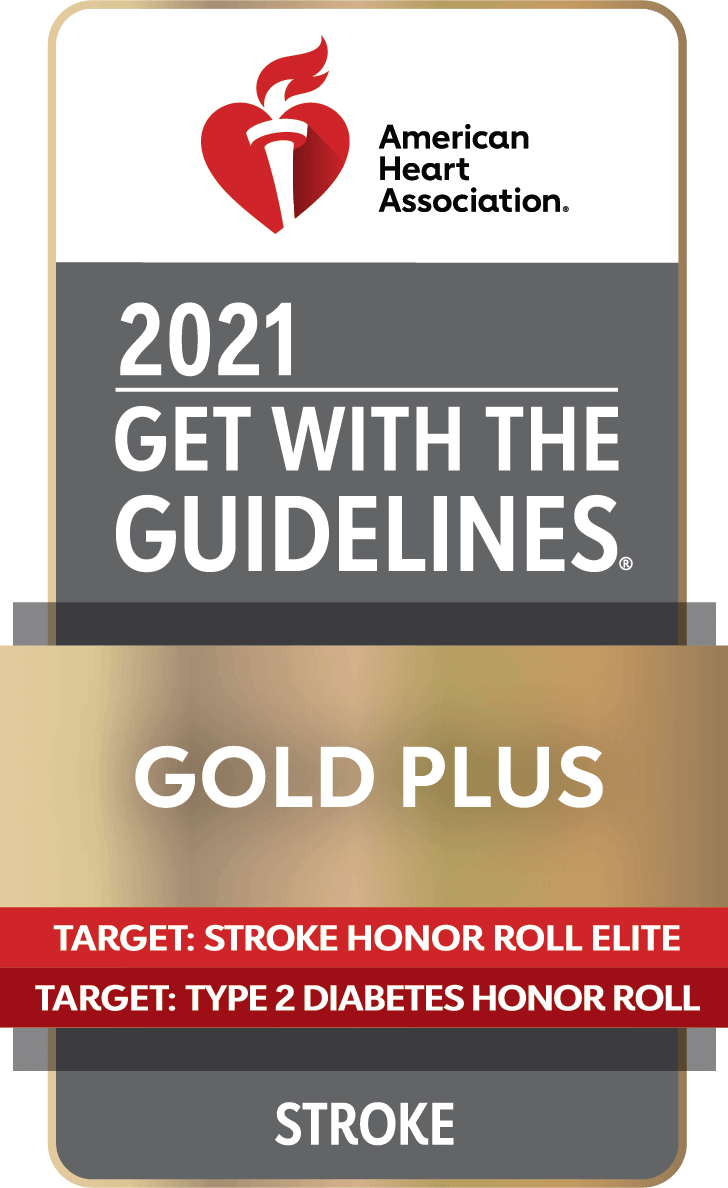
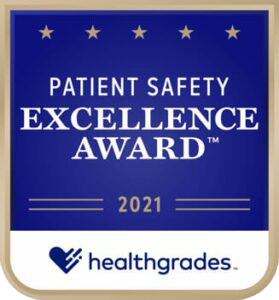
![HG_Orthopedic_Surgery_Award_Image_2020[3]](https://gch.org/wp-content/uploads/2022/08/HG_Orthopedic_Surgery_Award_Image_20203.png)
